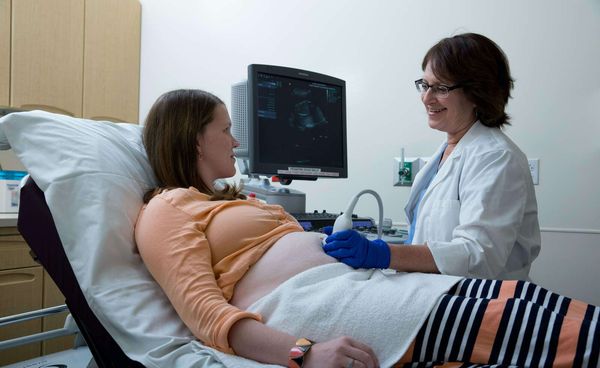Fetal therapy is a very young and rapidly developing science. Essentially all the relevant scientific knowledge, diagnostic techniques, and therapeutic innovations have been developed in the last two decades. And, most of this knowledge comes directly from research — both experimental basic research in animal models and clinical research in human patients.
The paradigm that launched fetal intervention 25 years ago at the University of California, San Francisco has served as a model for the development of fetal therapy around the world. This paradigm requires exploration of the pathophysiology of the fetal disease in experimental animal models, and the definition of the natural history and outcome of the untreated disease by careful serial observation of fetuses with the disease. Only when the experimental pathophysiology is worked out, the natural history understood, selection criteria established, and the intervention tested for safety, is a new fetal intervention offered patients.
This mixture of experimental and clinical research has been a constant feature of the Fetal Treatment Center approach for the last 25 years. It has been and continues to be powered by bright, young scientists and physicians from many different disciplines who have been attracted to the challenges and excitement of developing the field of fetal intervention.
Current Clinical Trials
- Fetal Intervention for Aortic Stenosis and Evolving Hypoplastic Left Heart Syndrome
- In Utero Enzyme Replacement Therapy for Lysosomal Storage Diseases (IUERT)
- In Utero Hematopoietic Stem Cell Transplantation for Alpha-thalassemia Major (ATM)
- Prospective Randomized Clinical Trial of Fetal Atrial Flutter & Supraventricular Tachycardia Therapy (FAST RCT)
- Renal Anhydramnios Fetal Therapy (RAFT)
- Surveillance and Treatment to Prevent Fetal Atrioventricular Block Likely to Occur Quickly (STOP BLOQ)

